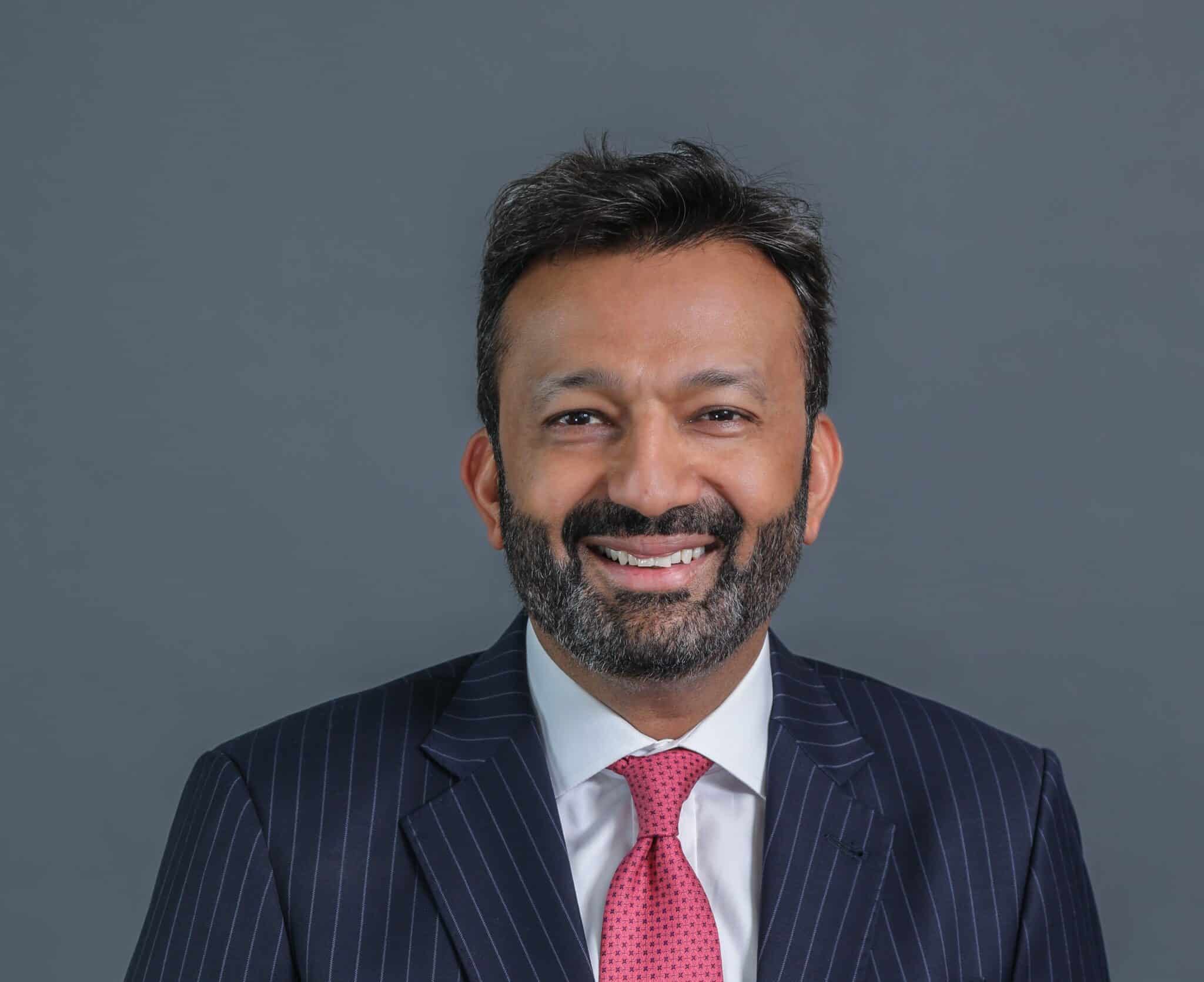
Africa is at a turning point; with a gross domestic product (GDP) nearing $3 trillion, the continent’s economic and development potential is undeniable. Contained in that growth is the burgeoning East Africa region where we see great potential for additional development.
The African Development Bank Group (AFDB) notes that East Africa is set to grow at a projected 5.1% in 2024 and 5.7% in 2025. The projected growth acceleration of 1.6% in 2024 from 3.5% in 2023 reflects the anticipated strong economic performance of countries in the region, with seven economies projected to grow 5% or more in 2024. The region has relatedly seen an increase in its contribution to the continent’s broader economic growth. According to the Institute for Security Studies (ISS), the region contributed 14% in 2018 and 17% in 2022. This is expected to grow to a projected 29% by 2040.
The East African economy has demonstrated remarkable resilience, buoyed by its diversification efforts, innovative spirit, and collaborative mindset. This region, a shiny jewel in the African crown, has invested heavily in infrastructure development through Public-Private Partnerships (PPPs). Through the concerted infrastructure investment, we have encouragingly seen a progressive move from traditional debt-led infrastructure projects to a joint approach that is cognisant of all parties. We also believe that this is the best way to ensure development that best serves the communities who benefit and use the infrastructure that is built. In a recent example of this collaborative approach, Stanbic Bank Kenya, as part of the Standard Bank Group, along with MiDA Advisors, announced a partnership with Acorn Holdings, a renowned real estate developer, to facilitate a USD$700 million Kenya Shilling (KES) equivalent in long-term blended finance commitments for green, affordable student housing in Kenya. Upon approval, the transaction will comprise up to USD$180 million commitment from the United States Development Finance Corporation (DFC) and comprise raising funds from Kenyan Capital markets as well, deepening the positive impact of the transaction of the Kenyan Capital Markets and providing an opportunity for investors to participate in this opportunity. The collaboration will result in the construction of 35 certified green housing projects, creating approximately 48,000 new student beds over the next 10 years, making it the single largest investment into student housing in Africa. The initiative will create an estimated 15,000 direct jobs and 35,000 indirect jobs.
As the world seeks to transition to cleaner energy sources, East African countries have been actively utilising their rich natural endowments to harness renewable energy to meet their growing energy demands sustainably. Kenya, Tanzania, Uganda, and Rwanda have been at the forefront of developing solar and wind power over the last decade. It is estimated that by 2050, clean energy could generate over 26 million jobs in Africa.
Beyond the exciting developments in East Africa, the continent will account for eleven of the world’s twenty fastest-growing economies in 2024 according to the AFDB. Real GDP growth for the continent is expected to average 3.8% and 4.2% in 2024 and 2025, surpassing projected global averages of 2.9% and 3.2% respectively.
This makes Africa the fastest growing region after Asia.
In an increasingly fragmented globe experiencing upheaval across geographies, the continent’s influence is growing as traditional powerhouses turn their eyes to emerging markets. This is most notably marked by the African Union’s (AU) recent entry into the Group of 20 nations – now the G21 – a premier grouping of country and regional bloc members shaping international economic cooperation. Populated by the globe’s youngest demographic, Africa boasts the world’s largest free trade area, recently punctuated by the African Continental Free Trade Area (AfCFTA). This has been ratified in 30 countries across the continent. Africa also has vast mineral deposits and natural resources, positioning it favourably for a dominant role in the ever-increasing global energy transition. This transition, dependent on extractive industries, is marked through the growth of alternative energy solutions for electricity and the growing electronic vehicle market, which stands at $15.8 billion, and which is expected to grow to $21.4 billion by 2027, according to market research by Mordor Intelligence. As the continent has grown, so too has the complexity of the requirements for services. African start-ups reportedly raised approximately$1.5 billion during the COVID-19 pandemic in 2020, over $4 billion in 2021, and an estimated $4.5 billion in 2022.
These are fundamental leading indicators which position Africa as the next growth frontier with
untapped potential and opportunities for investors looking for long-term diversified value.
In the past, Africa was often regarded as a hegemonic entity that worked and existed in a unitary way. I am certain you have heard some of the stereotypical phrases that accompanied this view, including the term “African economy”.
These views created misperceptions about the real market opportunities that exist on the continent and distorted the risks of doing business here. Certainly, like any intricate society, there are risks to doing business in many African countries, but this is not dissimilar to the reality of doing business in most emerging markets.
Through our insights, we are forging enduring partnerships with clients and governments to drive positive impact and help create the growth which we are slated to see. This includes expanding agri-processing to substituting imports with local content and subsequently championing the expert of soft commodities. Infrastructure is the key backbone for development, and we actively work with partners to invest in the expansion of ports, roads, and rail infrastructure to remove barriers to trade. At Standard Bank, we are not just in awe of the trajectory of this continent we call home, we are actively and passionately shaping it.

